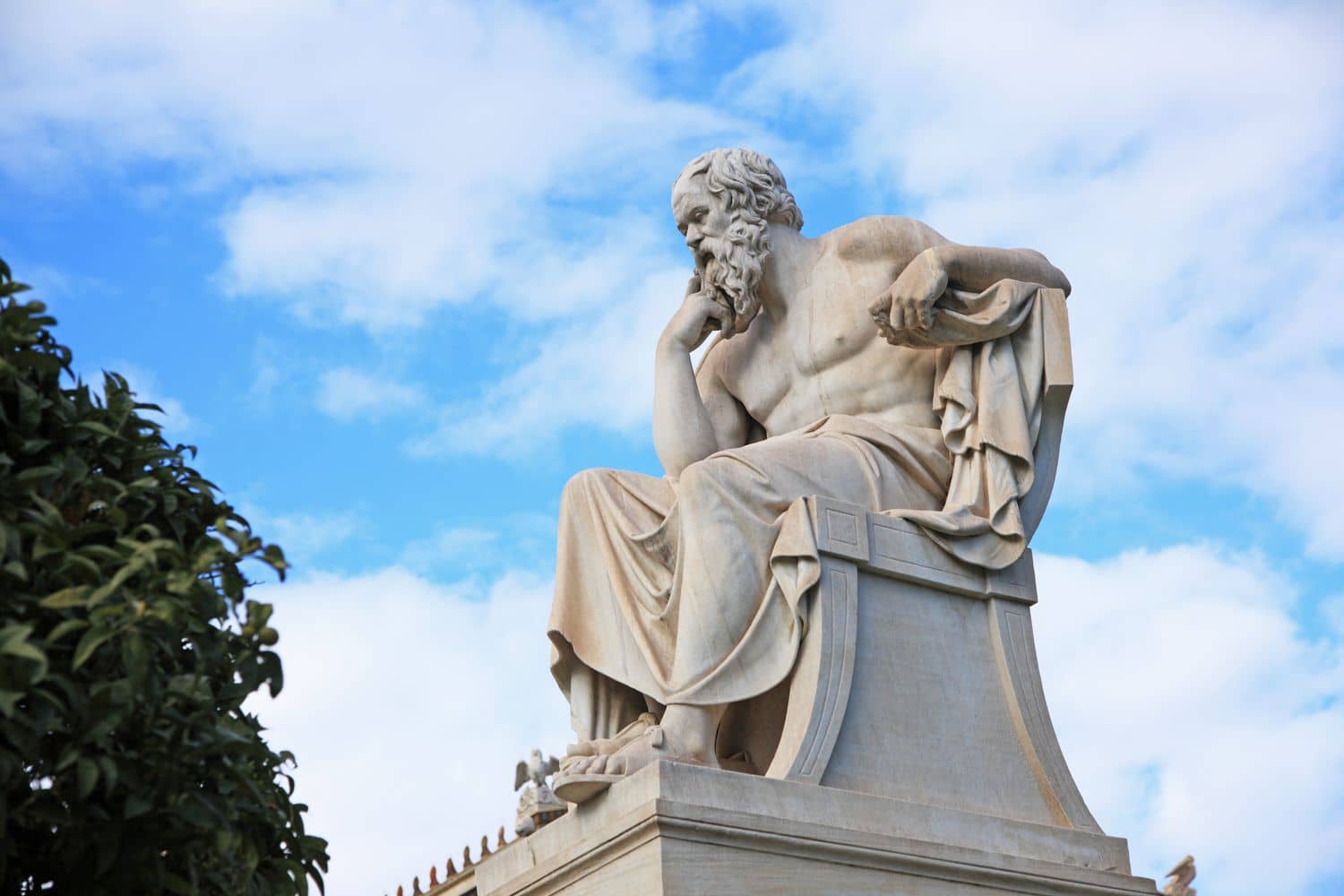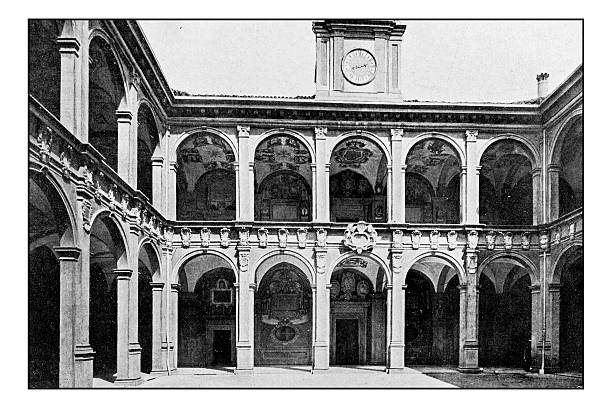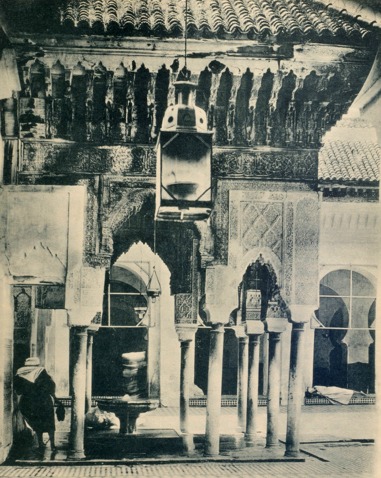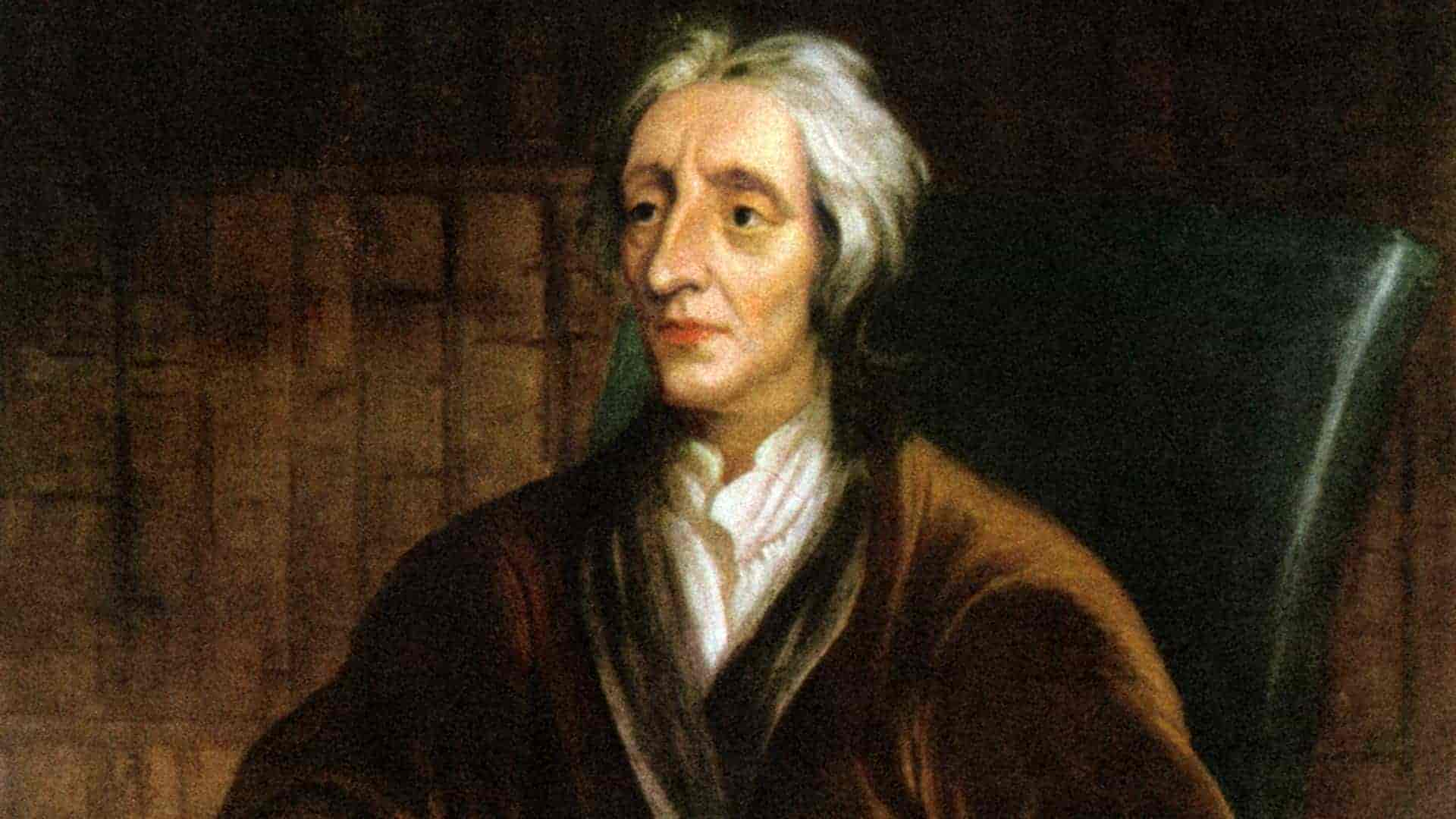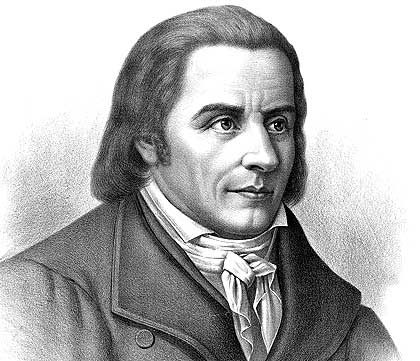The question of who is the "father of education" is a matter of some debate, as education has been an important part of human civilization for thousands of years and has been influenced by numerous philosophers, scholars, and thinkers throughout history. However, there are several individuals who are often credited with playing important roles in the development of modern educational theory and practice.
One of the most influential figures in the history of education is often considered to be the ancient Greek philosopher Socrates. Socrates lived in Athens in the 5th century BCE and is known for his Socratic method of teaching, which involved asking probing questions to stimulate critical thinking and intellectual development. He believed that the best way to learn was through self-discovery and questioning, rather than simply memorizing information. His ideas were further developed by his student Plato, who founded the Academy in Athens in 387 BCE, which was one of the first institutions of higher learning in the Western world.
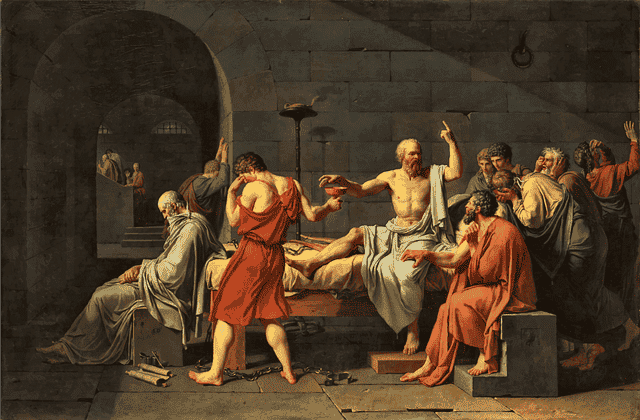
(Image Credit:- pixabay)
Another key figure in the history of education is the Chinese philosopher Confucius, who lived in the 5th century BCE. Confucius emphasized the importance of education in building a just and harmonious society, and his teachings emphasized the cultivation of moral character and intellectual virtues. He believed that education should be accessible to all, regardless of social status or wealth, and that the role of the teacher was to serve as a role model and guide for students.
In the modern era, one of the most influential thinkers in the field of education was the German philosopher Johann Heinrich Pestalozzi. Pestalozzi lived in the late 18th and early 19th centuries and is known for his emphasis on individualized instruction and hands-on learning. He believed that education should be focused on the needs and abilities of the individual student, and that teachers should strive to develop the whole person, including their physical, emotional, and intellectual development.
Another influential figure in the field of education was the American philosopher and educator John Dewey. Dewey lived in the late 19th and early 20th centuries and is known for his emphasis on experiential learning and the importance of education in fostering democratic citizenship. He believed that education should be focused on problem-solving and critical thinking, and that schools should be seen as laboratories for democracy, where students could learn to become active and engaged citizens.
In summary, the question of who is the "father of education" is a complex and multi-faceted one, as education has been shaped by numerous thinkers and scholars throughout history. Some of the most influential figures in the field of education include Socrates, Confucius, Pestalozzi, and Dewey, all of whom made important contributions to the development of educational theory and practice. Ultimately, the field of education is a constantly evolving one, and new ideas and perspectives will continue to shape its development in the future.
Also Read :-Who is known as the father of science?


